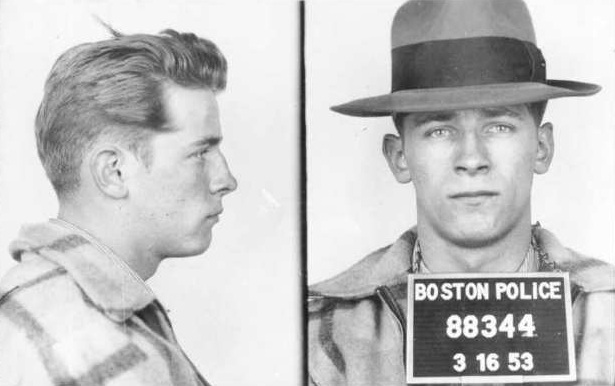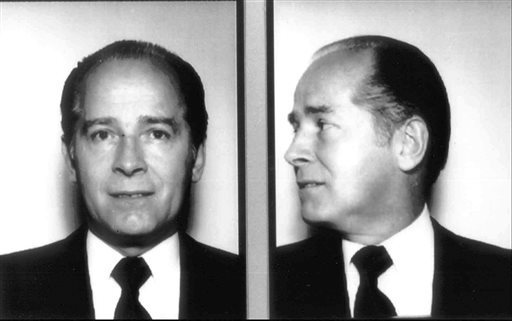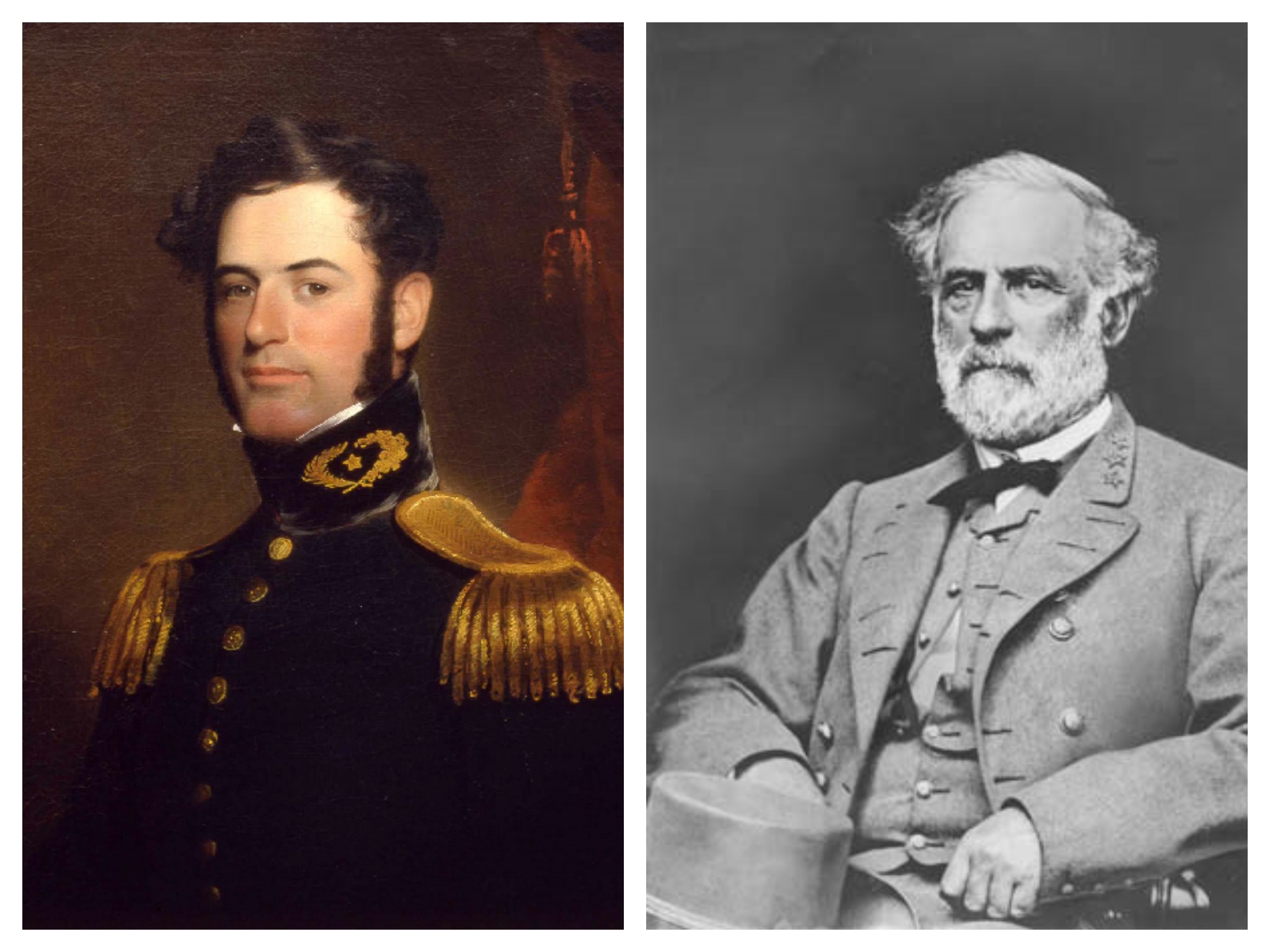Last month, Virginia Governor Ralph Northam signed new laws giving cities and towns the power to remove Confederate monuments and beginning the process of replacing the statue of Robert E. Lee in the U.S. Capitol.
“These laws make Virginia more equitable, just, and inclusive,” he said. “These monuments tell a particular version of history that doesn’t include everyone. In Virginia, that version of history has been given prominence and authority for far too long.”
State Senator Mamie Locke, who sponsored the bill to let cities remove monuments, voiced similar sentiments: “Virginia’s Confederate monuments were erected as symbols of a dangerous Jim Crow era. It is past time we told a more complete story of our history and work to build a Commonwealth that values everyone – no matter who you are.”
Delegate Delores McQuinn, who sponsored the House version of the bill, said, “Today marks an important step towards a more equitable and welcoming Commonwealth. Virginia’s history is difficult and complex, and it is important that we tell the full and true story of our past 400 years. These new laws will make our Commonwealth better.”
And Dr. Janice Underwood, the state’s Chief Diversity, Equity, and Inclusion Officer, said “For more than 400 years, we’ve consciously oppressed and celebrated painful parts of Virginia’s past at the expense of those who are haunted by it the most. With these laws we are charting a new path for our Commonwealth – one that begins to tell a more complete story of who we are and honors our diversity as our greatest strength.”
The truth, however, is the exact opposite. The sentiments voiced by these politicians completely ignore the fact that those who admire Confederate leaders are also people, and their views and preferences also matter. Getting rid of Confederate monuments completely disregards the views of those who enjoy these statues and admire the soldiers and leaders whom the statues represent.
There are numerous legitimate reasons to admire Confederate leaders – their bravery, their sense of honor, their military skill, their loyalty to their home states, and the fact that they fought against a powerful federal government, just to name a few. The Confederacy was not merely about slavery, and the statues are not symbols of racism. They are symbols of people from history, who have both positive and negative attributes just like all people do. Lots of people don’t like the Confederacy or its leaders, and that’s fine. They have every right to lobby for the creation of statues of historical figures they do admire. They do not, however, have a right to lobby for the removal of statues they do not like. That is not fair to the people who like these statues and the historical figures they represent.
Unfortunately, the viewpoint that the Confederacy and everyone associated with it was bad, is the popular, politically correct viewpoint today. That does not make it right. To get rid of Confederate statues is to state that the popular, politically correct viewpoint is the only legitimate viewpoint there is. This completely excludes anyone with dissenting views. This is the exact opposite of making Virginia more equitable, just, welcoming, and inclusive. It is the opposite of diversity. It is the opposite of valuing everyone. In short, these laws allowing the removal of Confederate statues do the opposite of what the politicians who sponsored and signed the laws claim. They make Virginia, and America, a worse and less tolerant place.









